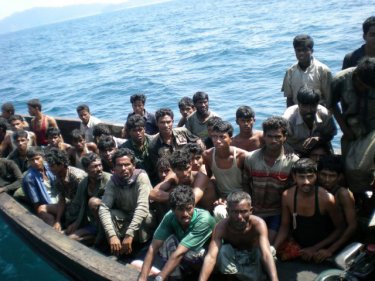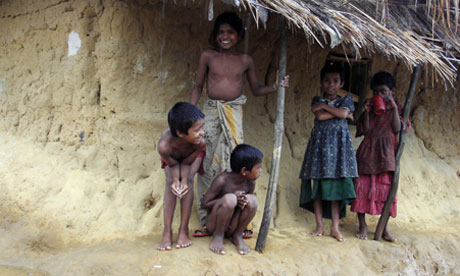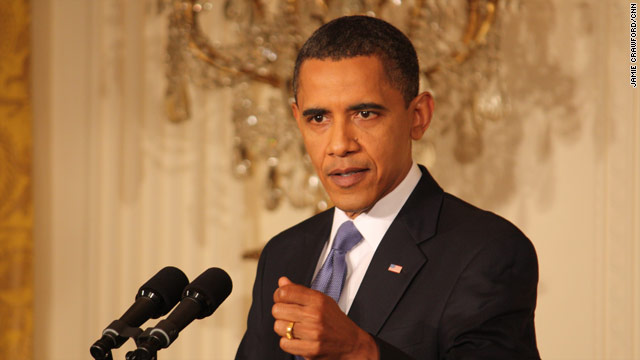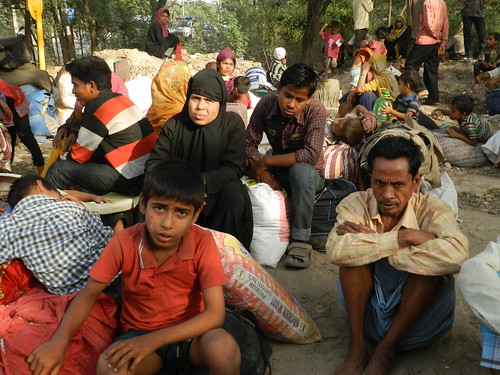The man opposition National League for Democracy (NLD) leader addressed a crowd of around 2,000 of her compatriots in the Thai port town of Mahachai.
The Nobel Laureate told the gathering, many of whom carried placards saying "We Love Daw Suu" and held gifts of flowers aloft, that she would fight for the rights of Burmese in Thailand, but added that she hoped that migrant workers could return to Burma in the future, if the country's economy develops and prospers.
Inside Samut Sakhon migrant verification centre, one of nine across Thailand to enable undocumented Burmese migrants, Suu Kyi met with NGO workers and trade unionists who assist workers and heard stories from a group of 30 now living in Thailand.
One of those present was Nai Lin from Sagaing in Burma. Speaking to The Irrawaddy after the meeting, the 25-year-old revealed that he told Suu Kyi how he lost his right hand in a work injury sustained while employed at a plastics factory.
"I told The Lady about my accident and about how Thai police often stop me and other Burmese to try to get money from us," he said. "She told us that she will do all she can—not just for one or two workers but for all of us."
Nai Lin said he would like to go back to Burma someday soon, if the country's reforms lead to economic growth and development.
"My father, mother and three sisters are all there," he said. "I miss them a lot, I am here alone."
In between two short addresses delivered from a fourth floor balcony—part-obscured by a tangle of electricity cables in a similar setting to campaign speeches given in cities across Burma—thanaka-pasted women held aloft posters of Suu Kyi and of her father, independence hero Gen Aung San, and chanted her name.
Hseng Htay, a Burmese migrant working at fishery factory in Mahachai said, "I feel that she really wants to talk to Burmese migrant workers and see our working conditions. As she pays attention to us, we are very happy and proud of it."
"We hope that our working condition will be improved due to her image. She will also talk with Thai authorities. So I think her words will have influence as she is internationally recognized figure."
Prior to Tuesday, Suu Kyi had not left Burma since leaving England to tend to her ailing mother in Rangoon in 1988, before becoming the leader of the country's opposition and winning the 1990 general election. Since 1989, she has spend 15 years under various forms of detention, before being freed in November 2010 and winning a seat in Burma's military-dominated legislature in April this year.
The 66-year-old arrived at Bangkok's Suvarnabhumi airport on Tuesday night, pausing momentarily for photographers before speeding to the plush riverside Shangri-La hotel where she will address the World Economic Forum (WEF) on Friday.
A 45-minute drive away, Samut Sakhon hosts around 300,000 Burmese migrants, many of whom work in the fishing industry centered on the port town of Mahachai. After her address to the WEF on Friday, The NLD MP will travel to the Thai-Burma border to visit some of the 140,000 Burmese refugees in nine camps along the frontier, and meet with Burmese NGO workers and medics who have long catered for refugees from war-torn Karen State.
Wednesday, however, was focused was on the estimated two-three million Burmese migrants in Thailand, many of whom are undocumented, and make up between 5-10 percent of the Kingdom's workforce.
Usually making up for labor shortages in low-paying menial sectors, Burmese migrant workers are also often victims of human traffickers and can end up working in slave conditions in factories or on fishing boats.
"Please respect the law in your host country, but learn the law so you can defend your rights here," Suu Kyi urged the crowd.
Outside on the thronged and baking-hot street below the balcony from where Aung San Suu Kyi spoke to the crowd, Bangkok-based Burmese activist Thar Tun Aung said that it was a great day for his compatriots living in Thailand.
"It is a major occasion for us, many of us are away from your country for many years now," he said. "The Lady gives us hope that we can go back."
Another migrant, a 26-year-old woman named Khin Than Nu, works at a Thai canning factory and dreams of her home in Burma's Mon State.
"We left our parents in Burma, and all my brothers and sisters work here to support our parents," she told the Associated Press. "I hope Daw Suu will help develop our country, and bring jobs so we can go home."

















